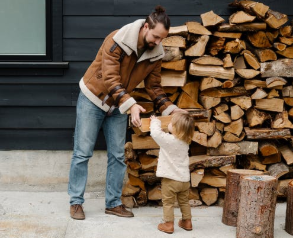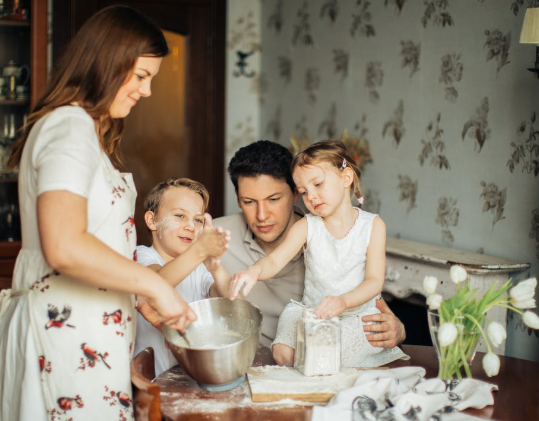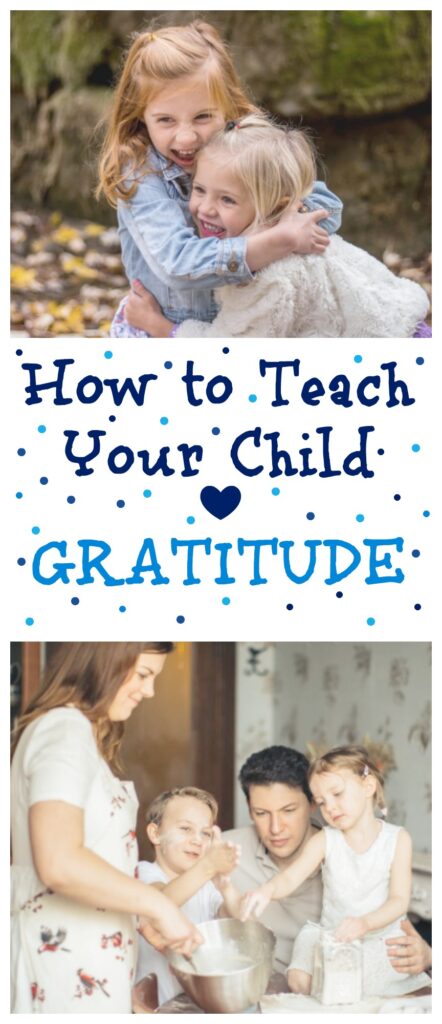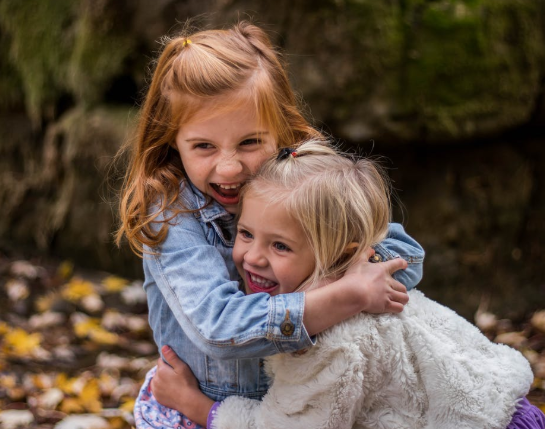I have a long history of working with young children and I can tell you that it is my experience that human nature causes us to be intrinsic and self serving. Being loving and kind are also feelings that children are born with. We want to raise children who are grateful rather than spoiled and selfish, but to do this we have to make a plan and put forth the efforts. In order for children to have the capacity to be aware of, control, and express their emotions is called emotional intelligence. If we raise our children to feel empathy and gratitude, they will not only be successful in personal, business and social relationships, but they will also practice self-care. Overall, when you teach your child gratitude, you give them a strategy for life long happiness.
Expect your child to have gratitude.
Emotional intelligence is learned by adapting to experiences as a child. The way we react to our child teaches them how to feel about themselves. The expectations we put on their behavior teaches them how to feel about others.
Children will show gratitude when they learn that it is an expected behavior. In situations where another child wants a toy and does not want to share, your child will need to guide your child to use empathetic behavior, but also teach them strategy so that their needs and wants are not ignored. Help them to find a solution to the problem where both sides are recognized, validated and appreciated.

Teach your child to recognize gratitude.
When a playmate shares a toy, your child is happy that they now have the coveted toy, but they are not necessarily understanding the sacrifice or the consideration that their friend made by giving it to them. If a classmate holds the door open for them, they may be oblivious to the fact that another person just showed them an act of kindness. Gratitude must be taught by bringing attention to the behaviors, understanding the intentions of the other person and by responding to that person and their act with the appropriate feelings, acknowledgement and words.
Gratitude makes the world a better place.
Do you want your child to be taught to assume that their needs will be met without them having to ask? Do you want your child to demand that others fill their needs without gratitude? Of course not.
We want our child to recognize and value acts of love and gestures of care and concern? We want our children to act graciously toward others as a well and they will do this when they understand that gratitude is just as important to show to others as it is to receive from others. That it is important for others to know how much they are appreciated, for the child to feel proud and intrinsically happy about doing good deeds for others and to spread love in the world because it is the right and kind thing to do.
How to teach your child to practice gratitude.
Remember that good parenting means you should respond to your child with logical emotional reactions and purposeful dialog throughout life. Overreacting, shaming or punishing the child doesn’t teach lessons in gratitude but instead eliminates their ability to behave in ways that successfully solve problems. Showing your real emotions is okay to do as long as it is appropriate for the lesson and done in logic and love. I can tell my child that when they forgot to say “thank you” it made feel unappreciated and give them the opportunity to learn from that situation. If I scream that “only brats don’t say thank you” and make them go to their room, they only learn to say thank you out of fear.
How to teach your very young child gratitude.
If your toddler grabs something from you, use it as a teaching moment. You can show a sad face and hold out your palm. When the child returns the toy to your hand you can say “thank you!” and smile but then say “your turn” and give the toy to your child. Practice giving the toy to each other using the phrase “”my turn” when you each get the toy, and then “your turn” when you offer the toy to the other person. Use facial expressions to help convey the messages. Practice saying “thank you” once the child understands the concept of sharing and taking turns.

Teaching your child gratitude is a valuable life lesson that they will use numerous times on a daily basis forever. When children are young, there are multiple opportunities throughout the day to teach them to recognize and practice gratitude. Modeling your behavior is just as important as the behavior requirements placed on your child. Gratitude feels good whether you are giving or receiving. Children will naturally have a happier and more successful life when they are taught gratitude.
PIN THIS


